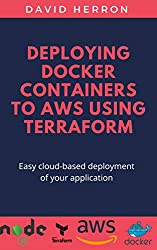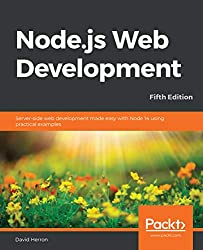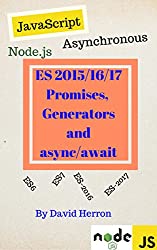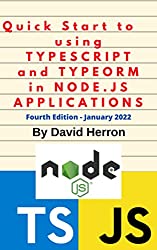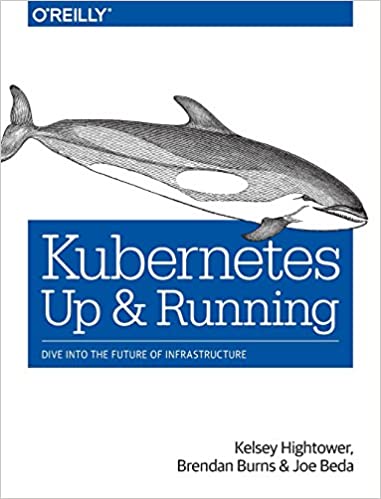; Date: Sat Sep 06 2014
Tags: Node.JS »»»» Web Development »»»»
There are plenty of new server side web application development technologies being developed. With the blizzard of choices before us, how do you choose between one or another? Will the newly hot web app technology really take off, or will it fizzle in a few years? For example, Node.js is getting a lot of excitement, but what about Go, or what about the mature platforms like PHP/Symfony or CakePHP?

Here's some ideas of how to choose a platform or technology.
Does the technology have an active community? You can go further faster if you're traveling with others, than if you're striking out on your own. For example, a few years ago I was looking for content management systems and ended up choosing Drupal partly because of its large and active community. The Node.js community is growing quickly, and as a result we have zillions of modules available in the npm module registry. That's a big way having a large community helps, is how many plugins or modules or whatnot are available for use?
Will you be learning a new programming language? Some technologies are based in new programming languages - such as Google's Go language. Other technologies are based on familiar languages, and offer a framework for which to write applications using that language. I mentioned Symfony and CakePHP earlier, both are implemented in PHP which is a widely known language. The same holds for Drupal. With Node.js, that it uses JavaScript makes the platform easy to pick up and very powerful.
Is it a widely used programming language? Will the skills you develop learning this app development technology transfer to other tools? The ecosystem of Ruby application frameworks and tools is extremely strong, but the language largely isn't used outside of that scope. With Node.js, the JavaScript language is also used in web browsers making it possible to transfer skills back and forth. With the PHP frameworks, there are many to choose from letting you leverage PHP skills in multiple venues.
Does the software have an open Governance model? Who's in control of the software? if the code is tightly controlled by an entity, the community could see that entity "turn evil" (like, get bought out by a big evil corporation) or for other reasons start making bad decisions. For example, the CMS now known as Joomla arose from the ashes of a CMS (whose name I've forgotten) where the "owner" of the software began actions harmful to the community. The community responded by forking the software to create Joomla. The same occurred when Oracle bought Sun, and several of the Sun's open source software projects had changes in management policy pushing the community into creating forks. That affected Open Office (launching Libre Office), MySQL (launching MariaDB and others), Hudson (launching Jenkins) and perhaps others.
How stable are the programming interfaces? Ideally you want to write your software, and it keeps running until after the Zombie Apocalypse. Maybe. Actually, some change in the programming interfaces is probably a good idea. Otherwise the platform becomes rigid and unable to change. On the other hand constant change means older software is invalidated quickly. The Node.js platform has seen several API changes, but the version number is still less than v1.0 for a reason - the core team is not satisfied with the current API. An egregious example of change is the Drupal platform where the community embraces the notion that "The Drop" never stays in one place. In every major release the community rewrites the whole platform, changing many API's, and completely wiping out the modules for older versions. That puts a burden on module developers to port their module to the newer release, or else see it disappear into the mists of history. Changing the platform API means you can ditch those not-so-good ideas, but it means invalidating old software.
How do you choose? Let us know in the comments box below.

